Keywords: Gge
There are more than 200 results, only the first 200 are displayed here.
-

ARTS AND CULTURE
- Diane Fahey
- 19 January 2016
2 Comments
They'd stopped by then, your half-filled crosswords with their fey surmises — inspired leaps from the backs of routine clues ... I glimpsed alcoves of dusty treasure: kris — 'Malayan dagger'; obi — 'a Japanese sash'; écus — 'old French coins'. You summoned bird names from the air: rhea, erne; had the secrets of ponds and streams at your fingertips: eft, orfe, elver ... 'open', 'small seeds'; six letters. You would have got that.
READ MORE 
-

AUSTRALIA
- John Warhurst
- 01 December 2015
9 Comments
Historically, it was Labor that was dogged by splits and ideologues, while the Liberals were perceived as practical. But the ideological chasm between Abbott and Turnbull suggests the Liberals are now a broader church than Labor. The party's ideological and factional conflict will continue unabated as the government contemplates the two big public debates of its next term: a referendum on constitutional recognition of Aborigines and Torres Strait Islanders and a plebiscite on same sex marriage.
READ MORE 
-
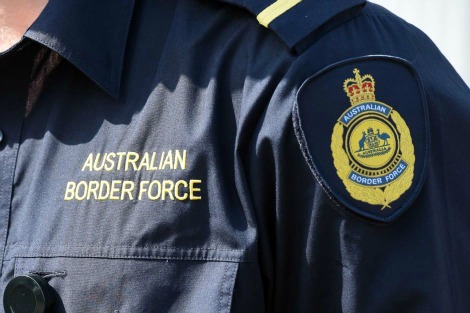
AUSTRALIA
- Pamela Curr
- 30 November 2015
31 Comments
One of the most disturbing aspects of Border Force takeover of detention camps has been the increased use of force against people seeking asylum. Women have been especially targeted, with physical pat-downs before they come and go to medical or counselling appointments triggering panic attacks in some as it has brought flashbacks of sexual abuse and rape attacks in Nauru. Next week in the Senate, the Government is seeking even more powers to use against women, children and men in detention.
READ MORE 
-

ARTS AND CULTURE
- Grant Fraser, Ignatius Kim and Margaret Quigley
- 24 November 2015
5 Comments
Not seven steps from the familiar geography of her room her bewilderment sagged on her walking frame as she shied away from the stern arm that was guiding her ... We composed ourselves upon the couch long enough for her to plead 'But I don't know who you are' as she trembled beneath the insult of my peering eyes and frowned away; and I felt a stranger's smile curdling on my face.
READ MORE 
-
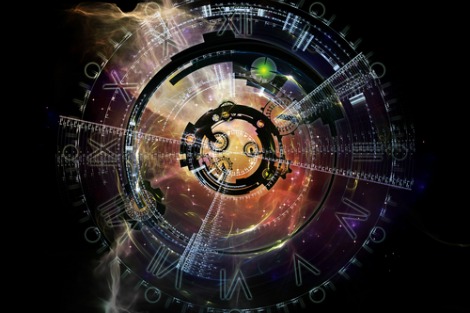
ARTS AND CULTURE
- Barry Gittins
- 06 November 2015
6 Comments
I never thought I'd do the whole high school reunion thing. Yet here I am, nametagged and ready to face the music, along with 50 of my fellow 1985 alumni. I recognise some straight off. Others mystify. Teenagers trapped in the amber of middle age. High school was genuinely hard for many of us. Some have died. Some entered Boggo Road's then-penal walls. Some are still paying for decisions made back in those mid-80s. Memory propels the sail of our union and we've left safe harbours.
READ MORE 
-

ARTS AND CULTURE
- Tim Kroenert
- 06 November 2015
2 Comments
Pakistani teenager Malala Yousafzai came to international prominence in 2012 after being shot in the head by a Taliban gunman, for her advocacy for girls' education. He Named Me Malala ponders whether her father shares indirect responsibility for the shooting, as he encouraged her advocacy. The question of exploitation is relevant whenever a child enters the public gaze, but here it threatens to undermine Malala's own agency, as a young woman who can think, speak and act powerfully on her own behalf.
READ MORE 
-
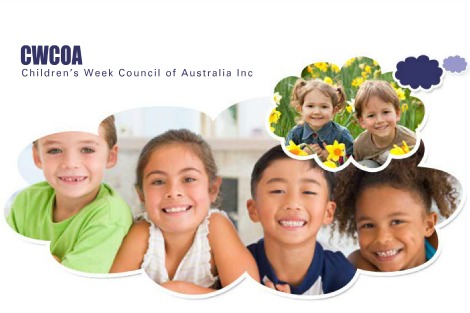
AUSTRALIA
- Andrew Hamilton
- 23 October 2015
4 Comments
A particular issue in Australia is the age of criminal responsibility, which varies in different states between ten and 12. Research into brain development suggests that people cannot fully take responsibility for their actions until they are 15 years old. Responsible policy must respect the human development of the child and ensure that the response to their wrongdoing takes into account their age and does not place them in processes they can neither understand nor properly participate in.
READ MORE 
-
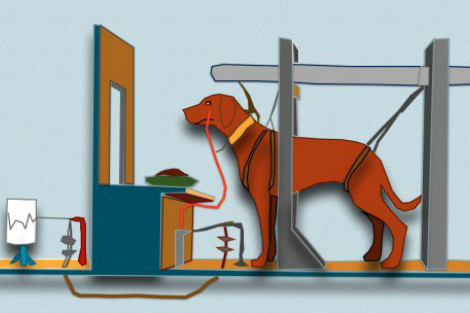
AUSTRALIA
- Justin Glyn
- 21 October 2015
11 Comments
While running a Royal Commission into domestic violence and a $30 million campaign against it, ringing the bell marked 'asylum seekers are queue jumpers' has allowed successive governments to abuse alleged rape victims with barely a word of protest from the public. Insofar as any feelings of empathy for asylum seekers exist, we tell ourselves brutality is inflicted 'to stop deaths at sea'. So successful has this Pavlovian policy been that Australian refugee policy is now the toast of German neo-Nazis.
READ MORE 
-
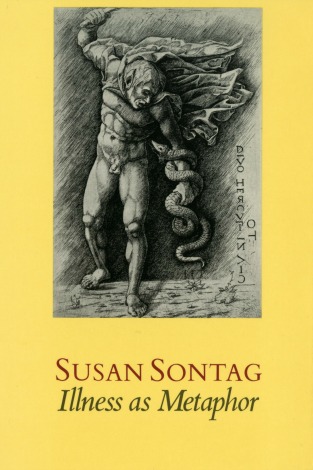
AUSTRALIA
- Ellena Savage
- 09 October 2015
7 Comments
While suffering from cancer, Susan Sontag suggested that it, like tuberculosis the previous century, was a disease shrouded in metaphor, morality, and silence. As time passed and the AIDS epidemic raged, she expanded her analysis to include that virus. What would she think of today's culture around mental illness? Like allergies, some of the origins of mental illnesses are societal. And the social and political conditions which produce illness are not generally a part of the medical project.
READ MORE 
-
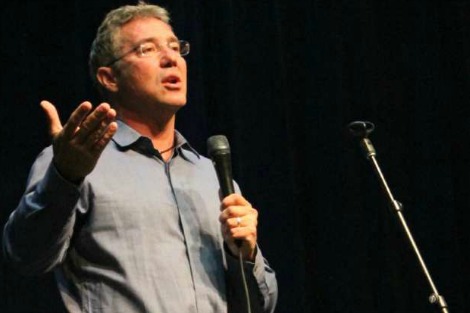
AUSTRALIA
- Andrew Hamilton
- 08 October 2015
25 Comments
Banning people from entering countries has become the flavour of the month. Two US citizens, hip-hop artist Chris Brown and anti-abortion advocate Troy Newman, were banned from entering Australia. It is sometimes right to exclude people. But unless the processes are transparent and the need clearly demonstrated, such exclusion has costly consequences for the life of the community. It privileges power over reflection, and suggests character is defined unchangeably by past behaviour.
READ MORE 
-

AUSTRALIA
- Kerry Murphy
- 11 September 2015
2 Comments
Some refugee advocates will almost deify the refugee, and take away their humanity by making it seem that the refugee is always right. In reality refugees make bad decisions, tell lies and exaggerate, just like the rest of us. But that does not mean they're contemptible. Recognising their humanity makes it easier to feel empathy with them, and less likely we will fear them.
READ MORE 
-
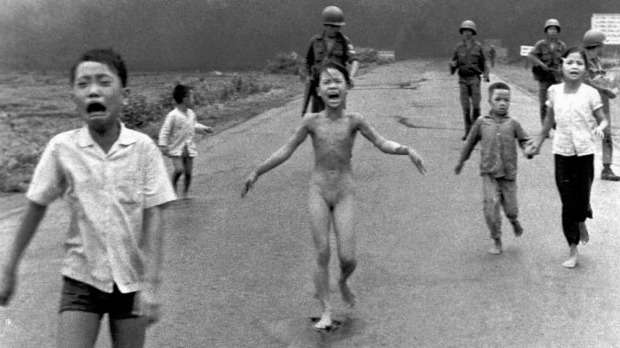
MEDIA
- Ellena Savage
- 11 September 2015
There are few activities more unsettling than viewing the bodies of deceased children. But I'm not convinced that visual tokens of suffering, shared within safe, affluent settings, change much. A photo can suggest that a woman is abused by her partner and motivate people to donate money to a charity. But it won't make anybody voluntarily give up the privilege that fostered the pain.
READ MORE 